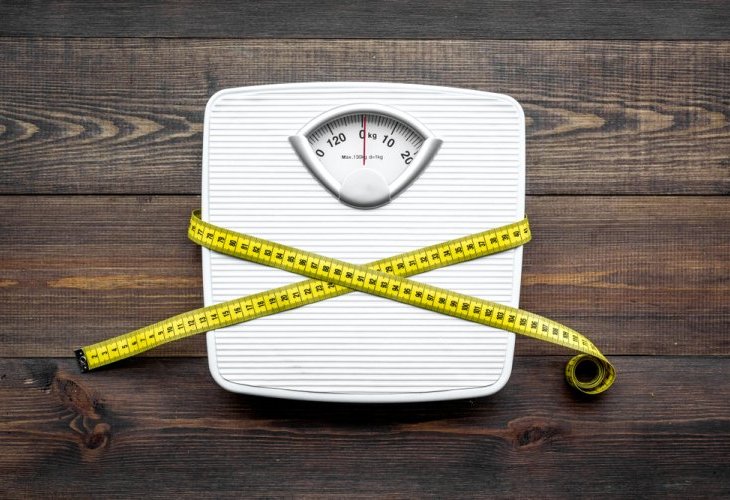Are You at Risk for Heart Disease? Your BMI Might Have Answers
The BMI is an important index that can indicate whether you are overweight and exposed to diseases. Dr. Maya Roseman explains why it's not the only important measure and what else should be considered before reaching conclusions.
 (Photo: shutterstock)
(Photo: shutterstock)One of the critical metrics for assessing disease risk is the BMI index. Many come across it through Google's familiar calculator, but the numbers it presents are crucial for understanding our body's health. This index measures the ratio between weight and height. It's calculated simply: enter your height and weight to determine if you're underweight, overweight, or in the normal range.
Nutritionist Maya Roseman explains in her column for Maariv newspaper that "it's a very simple formula invented a long time ago - weight divided by height squared. For example, if someone weighs 50 kg and is 1.7 meters tall – you square 1.7, then divide 50 by the square of 1.7. Results between 19-24 are considered normal, 25-30 considered overweight with a risk of diseases, and over 30 – high risk of diseases like heart disease."
You don't need this complicated calculation. Just search for the calculator on Google and get the result instantly. What should you know? What the result means. "The problem with this index is that many people are relatively heavier, but their fat percentage is low, and the high weight comes from muscle mass," notes Roseman, before you step on the scale. "For athletes building muscle in the gym, this is especially noticeable, but it's also common among others engaging in sports. The new research published this month in the American Journal of Clinical Nutrition sought to see if BMI indicators could be classified by fat percentage. The study examined fat and muscle percentages in over 2.5 million people and came to a very expected conclusion."
So what happens to people with a low fat percentage? They are at a low risk of diseases, regardless of their BMI category, Roseman writes, "except for BMI lower than 19 – then there was no connection to muscle percentage, and the risk of diseases was already low." According to her, the research findings highlight the need to upgrade this index and check fat percentage – because "it has more significance than weight."

